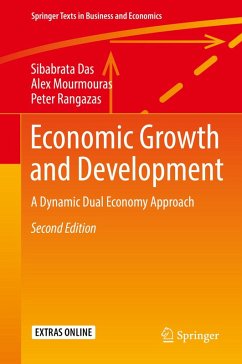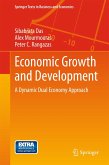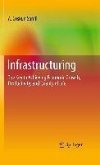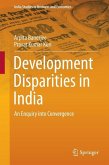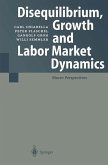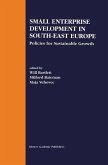This textbook is an introduction to the newer features of growth theory that are particularly useful in examining the issues of economic development. Growth theory provides a rich and versatile analytical framework through which fundamental questions about economic development can be examined. Structural transformation, in which developing countries transition from traditional production in largely rural areas to modern production in largely urban areas, is an important causal force in creating early economic growth, and as such, is made central in this approach. Towards this end, the authors augment the Solow model to include endogenous theories of saving, fertility, human capital, institutional arrangements, and policy formation, creating a single two-sector model of structural transformation. Based on applied research and practical experiences in macroeconomic development, the model in this book presents a more rigorous, quantifiable, and explicitly dynamic dual economy approach to development. Common microeconomic foundations and notation are used throughout, with each chapter building on the previous material in a continuous flow. Revised and updated to include more exercises for guided self study, as well as a technical appendix covering required mathematical topics beyond calculus, the second edition is appropriate for both upper undergraduate and graduate students studying development economics and macroeconomics.
Dieser Download kann aus rechtlichen Gründen nur mit Rechnungsadresse in A, B, BG, CY, CZ, D, DK, EW, E, FIN, F, GR, HR, H, IRL, I, LT, L, LR, M, NL, PL, P, R, S, SLO, SK ausgeliefert werden.
"This textbook summarizes several decades of research on macroeconomics of development - or, at least, a large part of it. ... Detailed exposition, questions for review and end-of-chapter exercises, and an extensive bibliography make this textbook an excellent learning and reference source for those working or aspiring to work in these institutions or for the national governments and think tanks." (Nigar Hashimzade, Mathematical Reviews, June, 2017)

